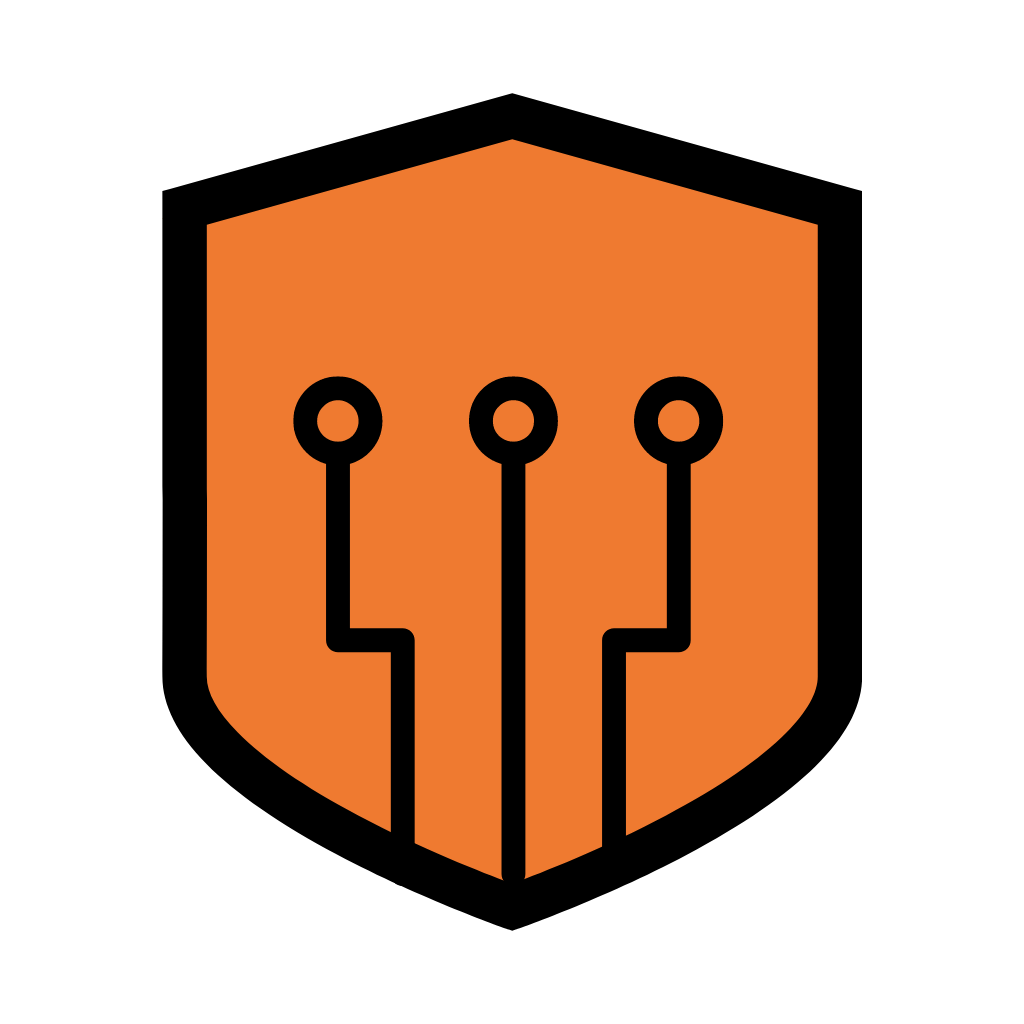

Unity overwhelms. Godot limits. Both abstract away the fundamentals you're trying to learn.
Build games from first principles with Odin + Raylib. Own your code. Understand every system. Never feel helpless again.
You're stuck because engines hide how games work.
You're a capable programmer. You've built web apps, CLI tools, maybe even systems software. But when you open Unity or Godot, you feel lost.
Not because you can't code—because the engine won't let you see what's actually happening.
You don't need to "git gud" at Unity. You need to stop using Unity.
Engines are training wheels that never come off. They're designed to hide complexity—but you're trying to learn that complexity.
What if you could build games and actually understand what your code is doing?
Six years ago, I was a web developer who wanted to make games.
I spent 4 years exploring how to build games from scratch - C, SDL2, OpenGL, Zig, Rust, DX11. Three years ago, I created a free engine course series in C+SDL2 that's been viewed 140,000+ times.
But I kept searching for a better stack. C had too many warts and footguns for rapid development. Other languages had their own friction.
Two years ago, I found Odin + Raylib - and everything clicked. It has the control of C with modern conveniences. The simplicity of SDL2 with better ergonomics. It's the stack I wish I'd started with.
I've now taught this Odin + Raylib approach to:
I don't have shipped commercial games yet - I'm focused on teaching the first-principles approach I spent 6 years refining across multiple stacks. My students learn what took me years of experimentation to discover.
"I've learnt more about practical game architecture in this course than I did in years of trying to figure things out on my own. The focus on fundamentals rather than engine-specific details is refreshing and exactly what I needed."
Three ways to explore before committing:
Build Pong in 2 Hours - Free Mini-Course. Get hands-on with Odin + Raylib. Build a complete game from scratch and see if this approach clicks for you.
Start Free CourseWatch the 3-Minute Course Overview. See exactly how PVG teaches game architecture. Watch real lessons and see the games you'll build.
Watch Overview VideoConnect with 100+ Engine-Free Game Developers. Ask questions, share progress, get help. See what other students are building.
Join Discord52 lessons covering collision systems, player abilities, enemy AI, boss fights
22 lessons complete, new lessons added weekly
Included when released - you get lifetime access to all future content
Price increases to $497 when Strategy and Roguelike modules are complete. Enroll now and lock in early access pricing forever.
Enroll Now - $347Yes. You should be comfortable with basic programming concepts (variables, functions, loops, data structures). If you know Python, JavaScript, C#, or similar languages, you're ready.
If you're brand new to programming, start with a beginner programming course first, then come back to PVG.
If you're new to Odin or Raylib specifically, the free Pong mini-course will get you started.
Great question. C+SDL2 taught me the fundamentals, and that series has helped 140,000+ people understand engine-free game development.
But after 2 more years of experience, I found a better stack. Odin gives you the same performance and control as C but without the warts and footguns - you get built-in data structures, a clean standard library, and batteries-included vendor libraries. Raylib is simpler than SDL2 while being more capable for 2D and 3D games.
Together, they're the stack I wish I'd started with - and they're what I build with daily now.
The principles are the same. The tools are better.
You're getting early access pricing because the course is still being developed.
The Metroidvania module is complete. The RPG module is actively being built (22 lessons done, more added weekly). Strategy and Roguelike modules are planned.
Early students get lifetime access to all modules at $347. When the course is complete, the price increases to $497.
Students who enroll now keep the $347 price forever, even as new modules are added. You'll never pay again.
Every lesson has a discussion thread where you can ask questions. I respond to every question.
There's a free Discord community for general discussions. Enrolled students also get access to an exclusive Skool community with 100+ students, where I host weekly group video calls and provide direct support.
You won't be alone.
14-day money-back guarantee from launch date, no questions asked.
Since the course is in early access, you can request a refund at any point until 14 days after the official launch. This means early access buyers have extended refund protection while the course is being completed.
Try the course. Build with it. If it's not right for you, just email me for a full refund.
Yes. One payment, lifetime access.
You get all current content plus all future modules when they're released. RPG module updates, Strategy module when it launches, Roguelike module when it launches - all included.
Access never expires. Learn at your own pace.
This course teaches you how games work at a fundamental level - the kind of knowledge engine programmers and technical directors have.
If your goal is to get hired quickly at a studio using Unity/Unreal, you might be better off learning those engines specifically.
But if you want to deeply understand game systems and stand out as someone who knows how things work under the hood, this course will give you that foundation.
Early access pricing ends when all modules are complete. Lock in $347 now - saves $150 off the $497 regular price.
Start with the Free Pong Course - build a complete game in 2 hours and see if this approach works for you.
Begin Free CourseGet lifetime access to all modules at early access pricing.
Enroll Now - $347